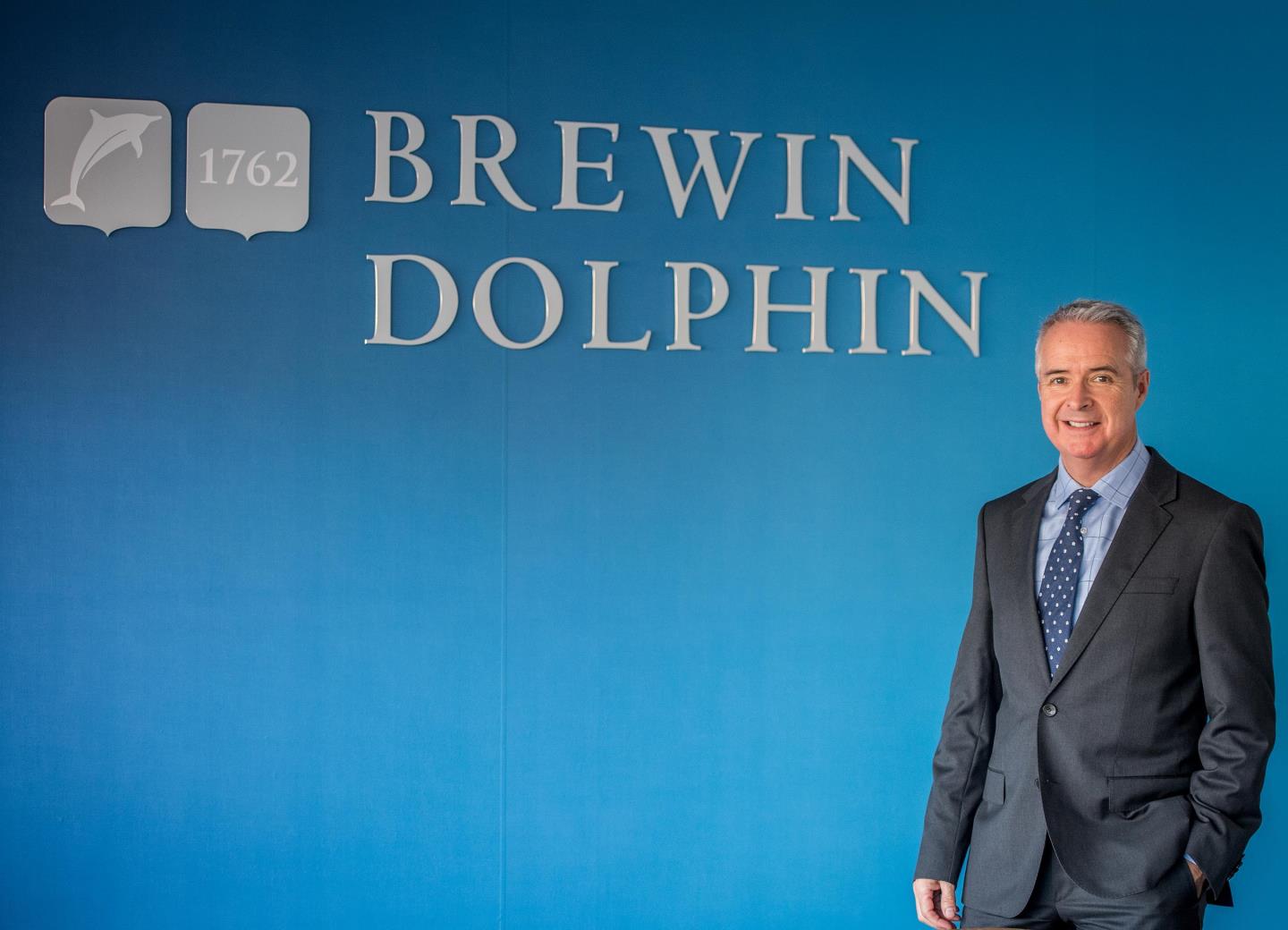Wondering how to boost your pension pot? Adrian Grant, Divisional Director in Financial Planning at Brewin Dolphin, is offering some ideas below.
Giving your pension savings a boost can give you peace of mind that you are on track for a comfortable retirement. The sooner you act, the more you could benefit over the long term.
From increasing your contributions to checking your underlying investments, here are five tips to get started.
1. Track down old pension pots
Most people pay into several workplace pension schemes throughout their career, which can cause an administrative headache. What’s more, your money could be invested in default pension funds, which might not offer the greatest growth potential or be sufficiently diversified.
Consolidating several small pension pots into one larger pot could result in cost savings. However, some older-style pension plans come with valuable benefits, so it’s important to get financial advice.
2. Reassess your retirement goals
Your retirement plans could have changed following the pandemic. You might have decided to delay your retirement, or opted for a phased retirement while accessing your pension.
Alternatively, you might need to retire earlier than planned and start taking your pension benefits. This could mean taking the 25% tax-free lump sum and a taxable income from the remaining fund, or a combination of the tax-free cash and taxable income in tranches on a flexible basis.
There is no limit on the amount you can withdraw from your pension each year, but the length of time the fund will last depends on the levels of withdrawals and the growth achieved on the remaining balance.
3. Boost your pension tax-efficiently
If your pension isn’t as large as you hoped, you might need to try to boost your pot. One option is to divert work bonuses into your pension through salary sacrifice, which means the contributions will not be subject to income tax or National Insurance deductions.
Personal pension contributions benefit from a 20% top-up from the government, meaning a £100 contribution only costs you £80. Higher- and additional-rate taxpayers can claim up to a further 20% and 25%, respectively, via their tax return.
You can continue paying into a pension and benefit from tax relief until age 75, even if you’re retired. Bear in mind that if you start taking an income from your pension, the amount you can pay into your pot and still get tax relief could reduce from a maximum of £40,000 a year to £4,000 a year. Pension contribution limits depend on your circumstances, so it’s essential to speak to an adviser to work out exactly how much you can contribute without triggering a tax charge.
4. Check how your pension is invested
To ensure your pension suits your individual circumstances, it’s important to check where it is invested. The stock market offers the opportunity for long-term growth, but you must be comfortable with the fact that shares go down as well as up.
Diversifying your pension money across a range of assets, including shares, bonds, property and cash, can help to reduce the impact of any particular asset falling in value. If you’re not sure which mix of assets is right for you, speak to an adviser.
5. Seek advice
An adviser can create a financial plan that helps you achieve a comfortable retirement. They’ll take a look at all your savings and investments to ensure you’re on track to achieve your goals and that you’re maximising the tax planning opportunities available to you.
For more information, please contact Adrian Grant, Divisional Director in Financial Planning at Brewin Dolphin, on Adrian.grant@brewin.co.uk or 01224 269700.
The value of investments, and any income from them, can fall and you may get back less than you invested. Tax treatment depends on the individual circumstances of each client and may be subject to change in the future. Information is provided only as an example and is not a recommendation to pursue a particular strategy. The information contained in this document is believed to be reliable and accurate, but without further investigation cannot be warranted as to accuracy or completeness. The opinions expressed in this document are not necessarily the views held throughout Brewin Dolphin Ltd.

